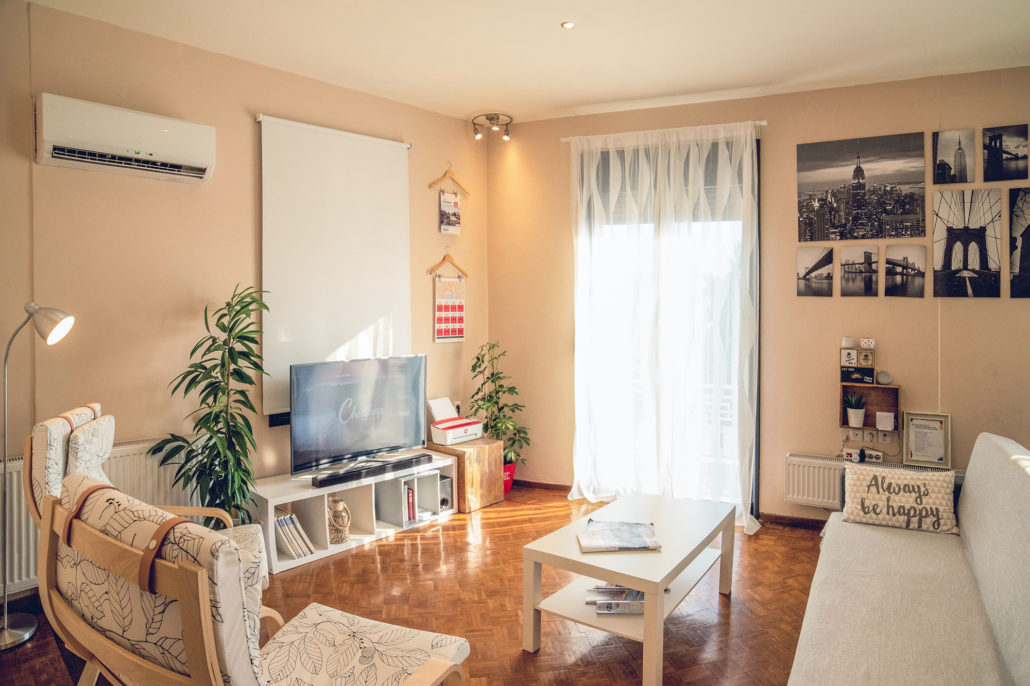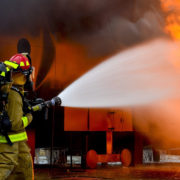Planning a Trip? Don’t Forget your Travel Insurance!
Why get travel insurance? Travel coverage protects you and your loved ones if an accident occurs while you’re out of the country or out of province.
British Columbians are beginning to make their travel plans for the upcoming season. As you plan for your flights, accommodations, rental cars, and other important elements of travel, there’s one thing you MUST be sure not to leave home without – travel insurance.
Most provincial or territorial health insurance plans only cover expenses within your home province or territory. With travel insurance, you’re protected no matter where you go.
Insurance that goes beyond your provincial medical plan
Whether you’re taking a quick trip across the border, or planning an extended stay to escape the cold winter months, buying travel insurance is an essential part of planning your trip.
It’s important that you understand how British Columbia’s provincial health plan may only cover a fraction of healthcare expenses incurred outside Canada and limits coverage when traveling to another province. These expenses have the potential to be seriously overwhelming financially.
Other types of coverages include Emergency Hospital and Medical Single trip Insurance, Snowbird coverage, Family Plans, Visitors to Canada, and non-medical plans including Trip Cancellation and Trip Interruption, Flight Accident, Baggage coverage and more.
Be prepared for the unexpected. And that includes a weekend trip to the USA!
A new report from Allianz Global Assistance Canada (AGAC) suggests that Canadians are choosing to forgo travel insurance when they embark on quick getaways. For the small savings, the risks can be huge!
The data in AGAC’s report shows that less than 1.4% of single-trip policies purchased by Canadians were for trips lasting a couple of days when Statistics Canada identifies that this year over 12.5 million Canadianstraveledd to the US for at least one night.
That’s a lot of people traveling with inadequate travel coverage, particularly given the costs associated with American medical care.
As Holiday season approaches, and the Black Friday sales beckoning Canadians south of the border, quick trips to the United States will surely be up. Travelers complacency regarding travel insurance for quick cross-border getaways could leave them vulnerable in the event of the unexpected.
Your provincial health care will cover a small percentage of medical expenses in the United States, but it won’t come close to the thousands of dollars that can be incurred. Forget the cost of serious injuries requiring hospital stays, or what might be required in the event of an auto accident, simply a few stitches in a hospital south of the border could cost upwards of $3,000, a sprained ankle around $2000.
To ensure you’re protected from costly medical bills abroad or outside of the province, let us obtain the coverage you need. As a broker, we have access to many different insurance companies, through whom we can offer different types of coverage options including:
Emergency Medical Insurance: Includes licensed ambulance, emergency dental expenses, prescription drug reimbursement, emergency medical transport, family transportation expenses, board and lodging for the insured person(s) or the traveling companion while confined to a hospital, escort home of insured children and more.
All-Inclusive Holiday Package: Emergency Medical Insurance – Worldwide, Accidental Death & Dismemberment Insurance, Trip Cancellation & Trip Interruption, Baggage Insurance.
Non-Medical Package: Trip Cancellation & Trip Interruption Insurance, Accidental Death & Dismemberment Insurance, Baggage Insurance.
Trip Cancellation & Trip Interruption Insurance: Unexpected sickness, injury and/or death of the insured traveler or traveling companion, the insured traveler’s immediate family or the traveling companion’s immediate family; natural disaster, travel advisory, subpoena, involuntary job loss, missed connection, the non-issuance of a travel visa.
Additionally, Emergency Hospital, Annual Multi-trip Insurance, and others, as well as various trip lengths to choose from.
We can also provide coverage that lets you travel around the world as often as you wish, provided that your trip duration does not exceed the maximum number of days selected.
Are you relying on credit card insurance?
Credit card plans often have limited benefits and coverage. Our travel insurance gives you the best coverage for your needs.
Trips are meant to be enjoyed! It’s impossible to predict what might happen while traveling and it’s important to consider all the potential risks associated with travel, no matter how long or short the trip!
Let us meet your specific needs, provide you the peace of mind, and an affordable way to protect against the cost of an unexpected emergency medical expense.
Planning a trip, near or far? Contact us or call 250-365-3368 for more information. Or get a FREE QUOTE.






